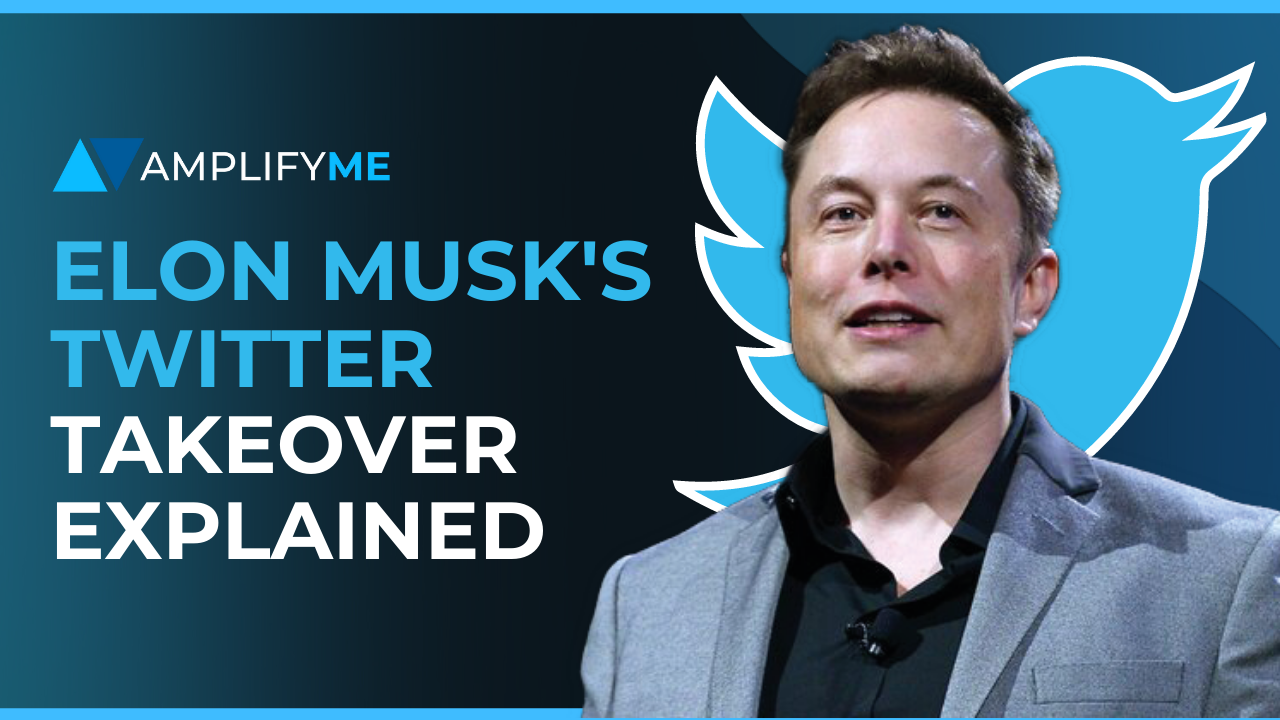


Once heralded as the hub of online discourse, Twitter's popularity is diminishing after billionaire Elon Musk acquired the platform and renamed it X. Following the US election, many users have abandoned the site, citing dissatisfaction with the new ownership. While Twitter claims to have dominated global conversation during the election, other social media competitors are gaining traction.
Once hailed as the pinnacle of online discourse, Twitter's fortunes have taken a sharp downturn following its acquisition by Elon Musk. Here's a closer look at the factors contributing to the platform's decline:
Musk's Controversial Policies:
Upon acquiring Twitter, Musk implemented sweeping changes, including firing executives and altering content moderation policies. These moves alienated users who perceived Musk's management style as erratic and authoritarian.
Loss of Prominent Users:
Following the election, several high-profile users left Twitter, citing concerns about Musk's policies and the platform's perceived shift towards extremism. This mass exodus of influential voices further eroded Twitter's credibility.
Competition from Other Social Media Platforms:
Competitors such as TikTok and Mastodon have gained traction, offering users alternative platforms for sharing and engaging in online conversations. Twitter's once-unrivaled dominance in this space has been significantly challenged.
Despite these challenges, Twitter claims to have dominated global conversation during the election. However, it remains to be seen whether the platform can regain its former prominence or whether it will continue to lose market share to its competitors.
Q1: Why did Twitter's popularity decline after Musk's acquisition?
A1: Factors contributing to the decline include Musk's controversial policies, the departure of prominent users, and competition from other social media platforms.
Q2: What specific changes did Musk implement at Twitter?
A2: Musk fired executives, altered content moderation policies, and introduced a paid subscription service for verified accounts.
Q3: Which prominent users left Twitter after the election?
A3: Notable users who abandoned the platform include Kathy Griffin, Bette Midler, and Tonya Harding.
Q4: What is Twitter's current market position?
A4: Twitter's market share has declined since Musk's acquisition, with competitors such as TikTok and Mastodon gaining traction.
Q5: What is Twitter's future outlook?
A5: The platform's future remains uncertain, with analysts predicting either a gradual decline or a potential revival if Musk can address concerns raised by users.

In a move to improve user experience, X (formerly known as Twitter), owned by Elon Musk, has purged approximately 1.7 million bot accounts from the platform. The bots were inundating reply posts with spam and irrelevant content, causing frustration among real users. This is the latest effort in X's ongoing battle against bot networks and marks Musk's dedication to creating a more secure and authentic experience for users. The organization is also implementing new moderation tools and features to prevent spam in direct messages. Users can now expect clearer responses and more meaningful interactions on the platform.

In a major move to cement its dominant position in AI development, WhatsApp has updated its business API policy to ban general-purpose AI chatbots from operating on its platform. This effectively blocks AI assistants rolled out by big tech rivals such as OpenAI and Perplexity, making Meta AI the only AI chatbot accessible through the platform. The move has drawn attention to the growing turf war in the AI industry and raises concerns over the unfair market advantage big tech companies have in AI development. However, WhatsApp has defended its decision by stating that its business API solution is primarily designed for customer support and not as a platform for chatbot distribution.

Facebook users who submitted a claim in the class-action lawsuit over data privacy violations are now receiving payouts up to $38. The settlement totaled $725 million, with nearly 18 million people requesting a cut. The payments are being distributed in several forms, including virtual prepaid cards and transfers to bank accounts. This settlement serves as a reminder of the value of personal data and the consequences of companies mishandling it.

The popular editing app Canva faced a major setback in India on Monday as users reported a widespread technical glitch. The app became inaccessible and links related to it also failed to open. The issue was not limited to one device, causing frustration among many users. Even those who managed to open the app were unable to download images to their desktop, making Canva practically unusable for the day.

Users of popular websites and mobile apps, including Snapchat, Duolingo, Zoom, and Roblox, are experiencing disruptions due to an outage affecting Amazon Web Services (AWS), the cloud computing division of tech giant Amazon. This outage has impacted millions of large companies that rely on AWS infrastructure for their websites and platforms. While AWS has reported significant signs of recovery, many are still experiencing issues. Stay tuned for updates on this developing story and let us know how you've been affected.

Under Elon Musk's leadership, X is testing a new interface on iOS that aims to increase user engagement by allowing them to easily access and interact with posts containing external links without leaving the app. This change aligns with Musk's broader strategy of turning X into an all-in-one app that offers content consumption, payment, communication, and interaction. In addition, X's overhaul of its recommendation system, which will rely on AI to understand content contextually, could potentially benefit smaller accounts by expanding their reach beyond traditional engagement-driven limits.

The popular first-person shooter, Black Ops 6, has a new glitch that allows players to be invulnerable and farm XP in the difficult Zombies mode on Terminus Island. This glitch is especially useful for unlocking unique camos faster. Players can follow simple steps to use the glitch, but it may take a few attempts to work. The glitch can be deactivated at any time by using the zipline near the docks.

Add some warmth and ambiance to your outdoor area with the Govee Outdoor Clear Bulb String Lights. These weather-resistant lights are perfect for any occasion, with customizable brightness and colors that can be easily controlled through the Govee app. And at a discounted price of $70, you can't go wrong with adding these lights to your outdoor decor.

Tecno has released a new addition to their Spark series in India, the Spark Go 5G, which boasts a 6000mAh battery and a unique camera setup. At a price of under Rs 10,000, it is claimed to be the thinnest in its price segment. Available in four colors and a single storage variant, the phone will be available for purchase from various online and offline stores starting July 21.

On Friday morning, the online ticket booking portal of Indian Railway Catering and Tourism Corporation (IRCTC) crashed, leaving thousands of users unable to complete their bookings for the upcoming Diwali and Chhath Puja holidays. The outage, believed to be caused by an overwhelming number of Tatkal booking requests, spiked sharply around 10 am and continued for several hours. Frustrated users flooded social media with complaints and memes, urging the IRCTC to improve its technology to handle peak traffic during festive seasons.